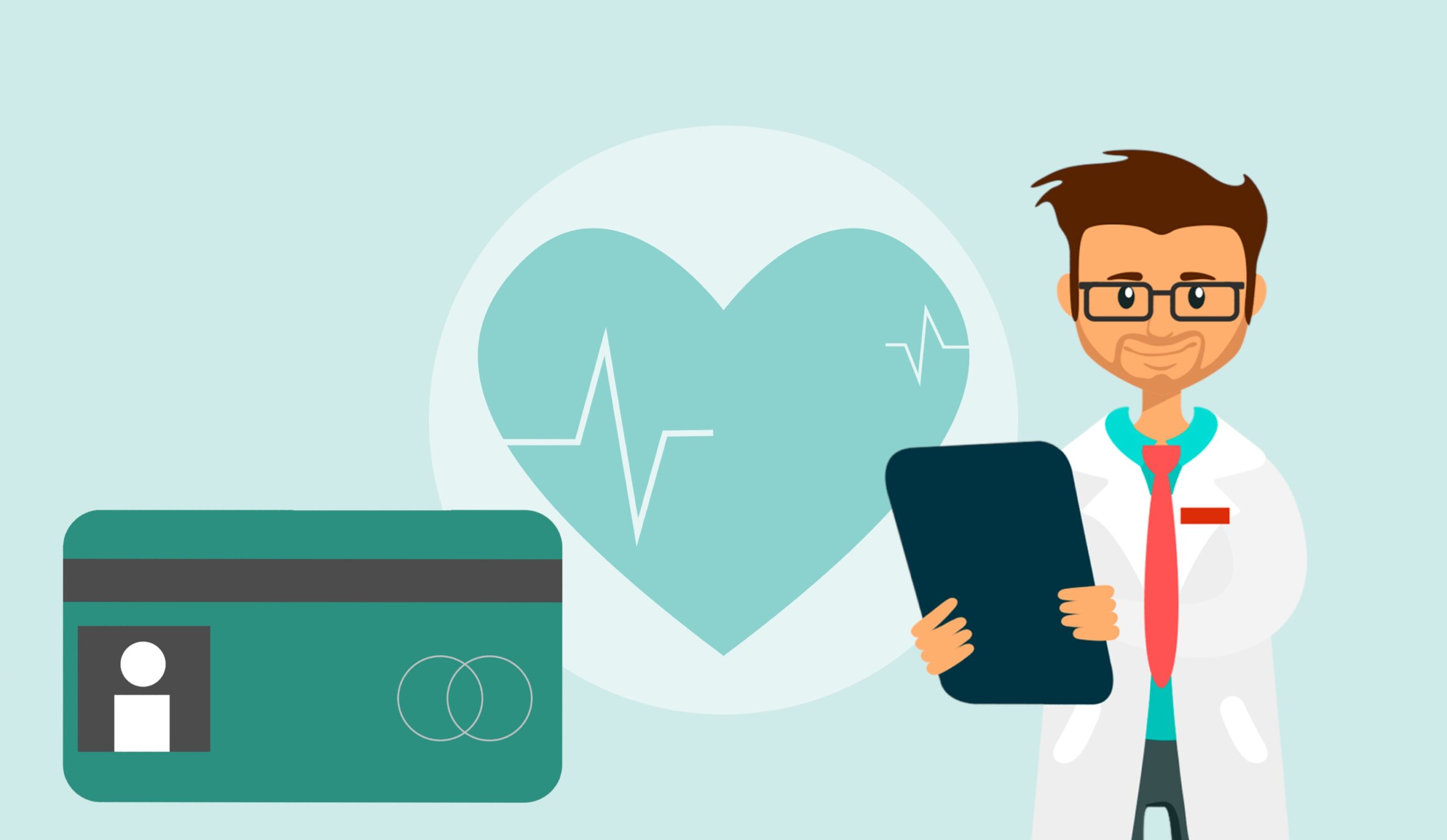As cyber threats continue to rise, information security has become an essential component of any industry, particularly healthcare. In this article, we’ll explore what information security entails in healthcare and why it’s crucial to protect sensitive patient data.
Healthcare organizations handle vast amounts of personal health information that must be kept confidential. This information includes medical history, treatment plans, test results and other sensitive information. With the digitization of this data, the risk of cyber threats to healthcare systems has increased significantly. Cybercriminals target healthcare organizations because of the high value of medical information, which they can sell for a high price on the dark web.
What Does Information Security Entail in Healthcare?
Information security in healthcare refers to the process of protecting sensitive patient data from unauthorized access, use, disclosure, modification or destruction. It aims to ensure that patient information remains confidential, available, and accurate while minimizing the risk of data breaches and cyber-attacks.
One of the critical components of information security in healthcare is data encryption. Encryption involves encoding sensitive data using a specific algorithm to prevent unauthorized access. Only authorized personnel should have access to this data, and even then, access should be limited to only what’s necessary to perform their duties.
Another important aspect of information security is regular staff training and awareness programs. These programs educate employees on how to identify and prevent cyber threats such as phishing scams, malware attacks, and social engineering tactics. Regular training helps ensure that employees remain vigilant and can recognize potential threats before they cause damage.
The use of multi-factor authentication (MFA) is also crucial to information security in healthcare. MFA requires users to provide multiple forms of identification before accessing sensitive data, adding an extra layer of protection against unauthorized access.
In addition to these measures, healthcare organizations must also comply with relevant regulations such as the Health Insurance Portability and Accountability Act (HIPAA). HIPAA sets standards for protecting sensitive patient data and imposes penalties on healthcare organizations that fail to comply.
The Importance of Information Security in Healthcare
Subheading 1: What type of information is at risk?
Healthcare organizations hold a vast amount of sensitive information including patient records, medical bills, insurance records, and other confidential information. The increasing use of electronic health records (EHR) has made this information more vulnerable to cyber threats. These records often include personal identification information (PII) such as social security numbers and addresses, making them valuable targets for cybercriminals.
Subheading 2: Examples of Cybersecurity Threats in Healthcare
Cybersecurity threats in healthcare come in many forms, ranging from phishing scams to ransomware attacks. Phishing scams are common and typically involve an attacker posing as a reputable source and attempting to trick an individual into revealing sensitive information. Ransomware attacks are another growing concern, where attackers encrypt the organization’s data and demand payment in exchange for the decryption key.
Subheading 3: Steps to Protect Healthcare Information
There are several steps healthcare organizations can take to protect their sensitive information. One is to implement effective access controls that restrict access to sensitive data to only authorized personnel. Another is to regularly update software applications and operating systems to fix known vulnerabilities. Employee training and awareness programs can also help prevent cybersecurity incidents by educating employees on how to identify and respond to cyber threats.
Overall, information security is critical in healthcare to protect the confidentiality, integrity, and availability of sensitive information. By implementing best practices and staying informed about evolving cybersecurity threats, healthcare organizations can better protect themselves and their patients from cyberattacks.
